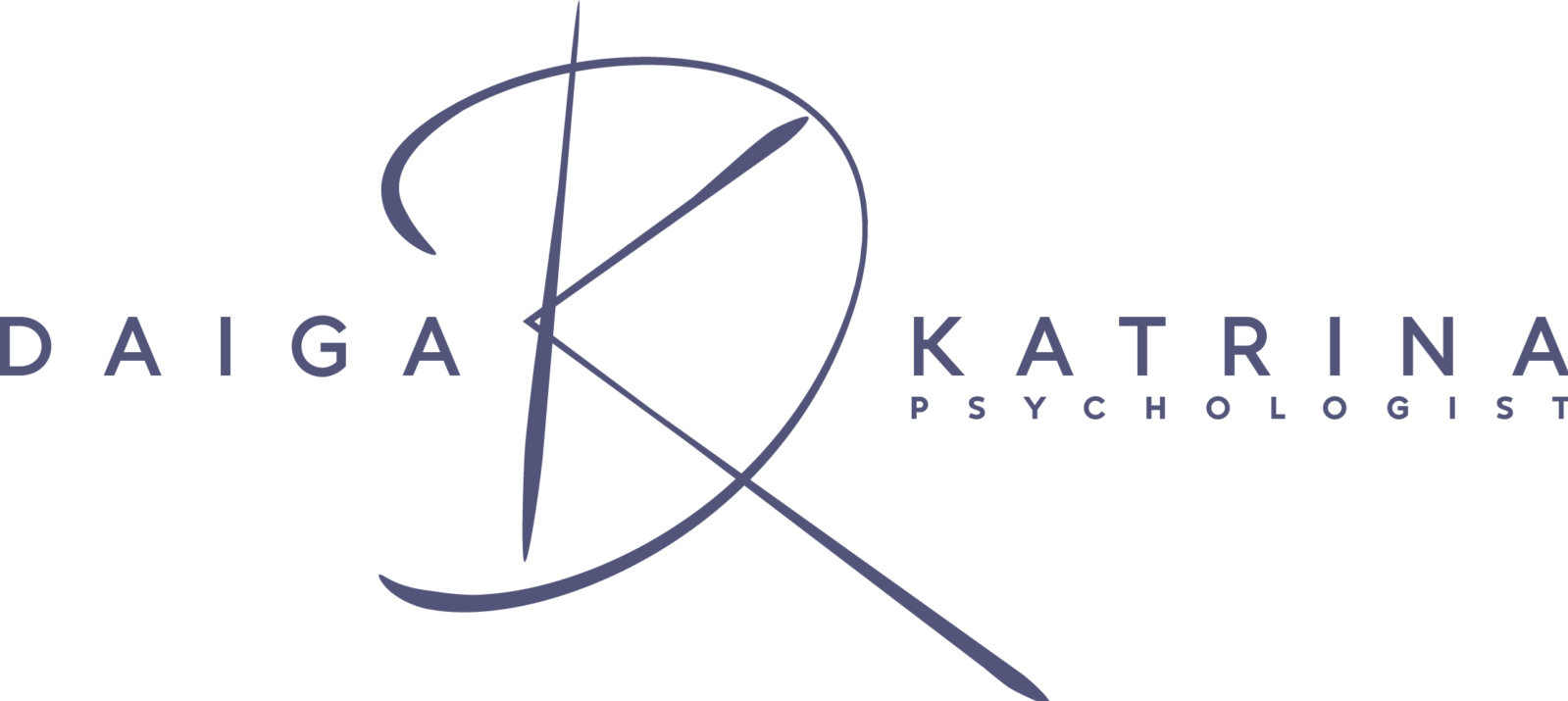Identity and sense of self are naturally formed during adolescence and young adulthood (studies show that this is the period from about 12-13 to 23-25 years of age).
A person's inner confidence and clarity in adulthood depends to a large extent on how well he or she copes with this psychologically challenging phase.
If you haven't managed to get a sense of yourself and your place in the world at this age, you haven't lost anything - you can do it as an adult.
My own a series of four online classes "A course to stabilise identity and sense of self" - the group's current material is always available on record and can be viewed at your convenience.
1. It is normal to doubt and question yourself and the world around you
Doubt and questioning are an essential part of becoming an adult who has a stable sense of self and a clear sense of one's role in the world.
2. Doubt and questioning serve an essential purpose
They encourage critical thinking, informed re-evaluation of beliefs and independent decision-making.
3. Doubt and questioning foster the development of critical thinking
They encourage study and evaluate the information received and the ideas expressedincluding different beliefs and belief systems, before accepting them as true or valid. They encourage the search for evidence, the evaluation of arguments and the consideration of alternative perspectives.
4. Doubt and questioning foster openness to diversity and intellectual humility
They encourage the recognition that human knowledge and understanding may be limited or incomplete. They helps you to remain open and entrepreneurial new information, ideas and experiences.
5. Doubt and questioning lead to learning and growth
Doubt stimulates intellectual interest and the desire to understand more deeply, to seek inner knowledge, come to independent conclusions through a process of inner discovery. They motivate personal growth through exploration, experimentation and experiencing "first-hand".
6. Doubt and questioning improve decision-making skills
They contribute to a considered and measured approach to decision-makingincluding informed decision-making.
7 Doubt and questioning strengthen the ability to withstand the unknown
The doubt can promote resilience and adaptability to uncertainty. They contribute to the ability to cope with discomfort and uncertainty.
8. Doubt and questioning foster intellectual honesty
They encourage admit your ignorance and focus on filling knowledge gaps and addressing constraints.
9. Doubt and questioning encourage open, honest communication
Doubts can support relationships in a positive way by encouraging open, honest communication, mutual respect and trust. They encourages constructive dialogue and cooperationallowing interactions to explore differences of opinion, resolve conflicts and thereby deepen relationships.
10. Doubt and questioning stimulate creativity, innovation
By questioning the status quo and pushing independently, one "thinks outside the box". Doubt encourages us to abandon conventional wisdom and to explore new possibilities and innovate.
11. Doubt and questioning promote personal development
Encouraging ever more questioning of self-accepted beliefs and convictions, they encourages self-reflection and introspection, promoting authenticity and self-awareness.
12. Doubt and questioning promote ethical behaviour
By encouraging you to question the consequences of your actions and decisions, doubt encourages moral integrity. They encourage ethical consideration and the need to act with integrity and compassion.
Although doubt can sometimes be uncomfortable and challenging, it plays an important role in human cognition, decision-making and personal growth. By embracing doubt as a natural and necessary aspect of the human experience, people can learn to use the positive aspects of doubt to develop critical thinking, intellectual integrity, and personal and collective flourishing.
Ps. Send this to your teenager!
This free content is produced in my spare time without pay. If you see value in what I do, I'd be happy to make you a coffee! It's like a spur to create new content! 🙂








